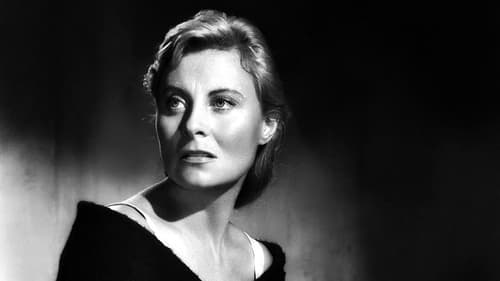
(archive footage)
About the Gabriel Matzneff affair and pedophilia in French culture and society from the 1950s to the present day. "It was not very difficult to know who Matzneff was at the time." Vanessa Springora denounces thus, in an interview with the Parisian , the support which benefited the writer Gabriel Matzneff , in the years 1970 and 1980. The author fifties then maintains an affair with the young girl, aged 14 years. A relationship under control that the editor tells in Le Consentement (éd. Grasset), published Thursday. "After having analyzed the work " , the Paris public prosecutor's office announced Friday January 3 the opening of an investigation for "rapes committed on the person of a minor of 15 years".

Novel
A former teacher, who reforms dropout students with Confucian teaching, decides to take care of a blind girl, who has been abused by her parents.

Writer

Novel
A film adaptation of André Gide's book The Pastoral Symphony.

Self
Nobel-prize-winning author, social justice crusader, anti-colonialist, adventure traveler, musician, and one-time Communist: André Gide was a larger-than-life character who dominated French letters from the turn of the 20th century to his death in 1951. Directed by Marc Allégret, with whom Gide traveled extensively in French Equatorial Africa, the With André Gide was made in the year leading up to the writer’s death.

Self
Documentary filmmaker Nicole Vedre's first semi-fictional feature was released in France in 1949 as La Vie Commence Demain. The film made it to the U.S. in 1952 as Life Begins Tomorrow. Made in cooperation with UNESCO, the film speculates on the future of mankind after the advent of Atomic Energy. Many prominent French artists and intellects contribute to the narration: Jean-Pierre Aumont plays The Man of Today, Andre Labarthe is the Man of Tomorrow, and Jean-Paul Sartre, Daniel Agache, Jean Rostand, Le Corbusier, Pablo Picasso and Andre Gide are respectively seen as "The Existentialist," "The Psychiatrist,' "The Biologist," "The Architect," "The Artist" and "The Author" (talk about typecasting!) Film clips of hospitals, schoolrooms, scientific laboratories, and even nightclubs are woven into Vedre's fascinating tapestry.

Self (archive footage)
Nicole Védrèss' chronicle of Paris from 1900 to 1914 is brought to life through the use of original material, all authentic, secured from more then 700 films belonging to public and private collections. A few of the celebrities of the time shown are Enrico Caruso, Sarah Bernhardt, and Maurice Chevalier.

Novel
A minister falls in love with a blind young woman he sheltered, but so does his son.

Novel
A priest in Hokkaido adopts a blind orphan girl, and as she grows up he finds himself falling in love with her.

Writer
Cinema has long fed our fascination with other cultures, and appears to be just one facet of what is a fundamentally visual fascination. One of the most elaborate manifestations of this was the 1931 Exposition Coloniale Internationale, held in Paris to celebrate ‘la France des 5 continents’. This exhibition sought to represent to the people of France their colonial world by reordering and reconstructing it into scenes or tableaux of everyday indigenous life. This entailed shipping over scores of indigènes and forcing them to act out the gestures of their ‘everyday lives’ under the eyes of 1930’s Parisian society. A slightly less elaborate, although equally controversial at the time, visual representation of The Other was one of the first film documentaries to be made which sought to represent the lives of a colonised people, Marc Allégret’s Voyage au Congo.






